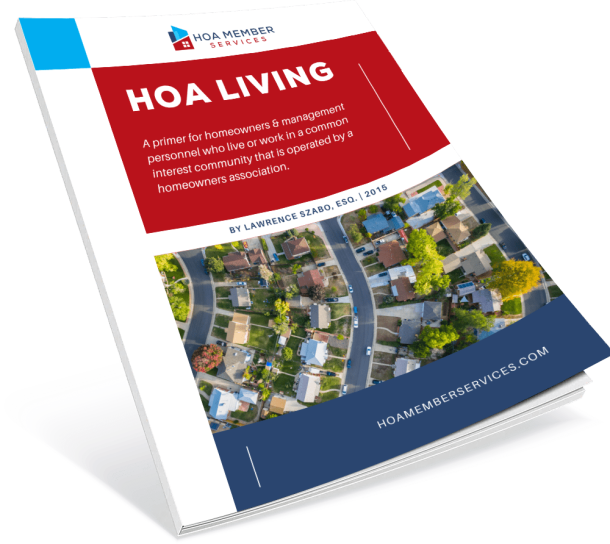HOA Director’s Alleged Defaming Statements About Former Property Manager Were Protected by Qualified Privilege
- Board of Directors, Case Decisions, Managing Agent
A former association property manager (“Manager”) sued the homeowners association (“Association”) and an individual member of the board of directors (“Director”) for defamation and breach of his employment contract. Manager had served as Association’s attorney and as manager of the Association during the period from June 2010 through January 2016, when Association relieved him of his duties. Several months after Manager had been terminated, Director made the following statements about Manager at a board meeting that several Association members attended: “I don’t want a person who comes to a homeowners’ meeting drunk managing our … association and he came drunk in 2015.” Director further stated that she knew Manager was drunk at the time in question because he had breathed in her face, and he could not speak clearly.
Following the incident, Manager filed suit against both Association and Director alleging claims for defamation and false light invasion of privacy. The defendants moved to dismiss the complaint on the basis that Director’s statements were not actionable because they were protected by a qualified privilege. The trial court granted the motion but allowed Manager to file an amended complaint. In the amended complaint, Manager alleged a claim for breach of his employment contract against Association and claims for defamation and false light invasion of privacy against both Association and Director. Defendants again filed a motion to dismiss the complaint which was granted but the court again allowed Manager to file a second amended complaint, and thereafter a third amended complaint.
In ruling on Manager’s claim for defamation, the court stated Manager needed to establish that: (i) the defendant made a false statement about the plaintiff; (ii) the defendant made an unprivileged publication of that statement to a third party; and (iii) the publication caused damages. The court also noted that a defamatory statement is not actionable where it is subject to a privilege.
With regard to Manager’s claim based on false light invasion of privacy, the court noted that to sustain the claim Manager had to allege facts showing:
Subscription Required to Continue Reading
To view the full HOA Featured Article, you must have a Subscription with HOA Member Services
Become a Member
Personal Monthly
-
Access to over 600 Articles & Case Decisions
-
Access to hundreds of Resources
-
HOA Newsletter
-
Free Copy of HOA LIVING
-
25% OFF Download Forms
-
1 User
Personal
-
Access to over 600 Articles & Case Decisions
-
Access to hundreds of Resources
-
HOA Newsletter
-
Free Copy of HOA LIVING
-
25% OFF Download Forms
-
1 User
Pro
-
Access to over 600 Articles & Case Decisions
-
Access to hundreds of Resources
-
HOA Newsletter
-
Free Copy of HOA LIVING
-
Free Unlimited Access to Download Forms (save $1000s!)
-
Unlimited Personal Support from HOA Attorney
-
1 User
HOA Team
-
Access to over 600 Articles & Case Decisions
-
Access to hundreds of Resources
-
HOA Newsletter
-
Free Copy of HOA LIVING
-
Free Unlimited Access to Download Forms (save $1000s!)
-
Unlimited Personal Support from HOA Attorney
-
Up to 10 Users

